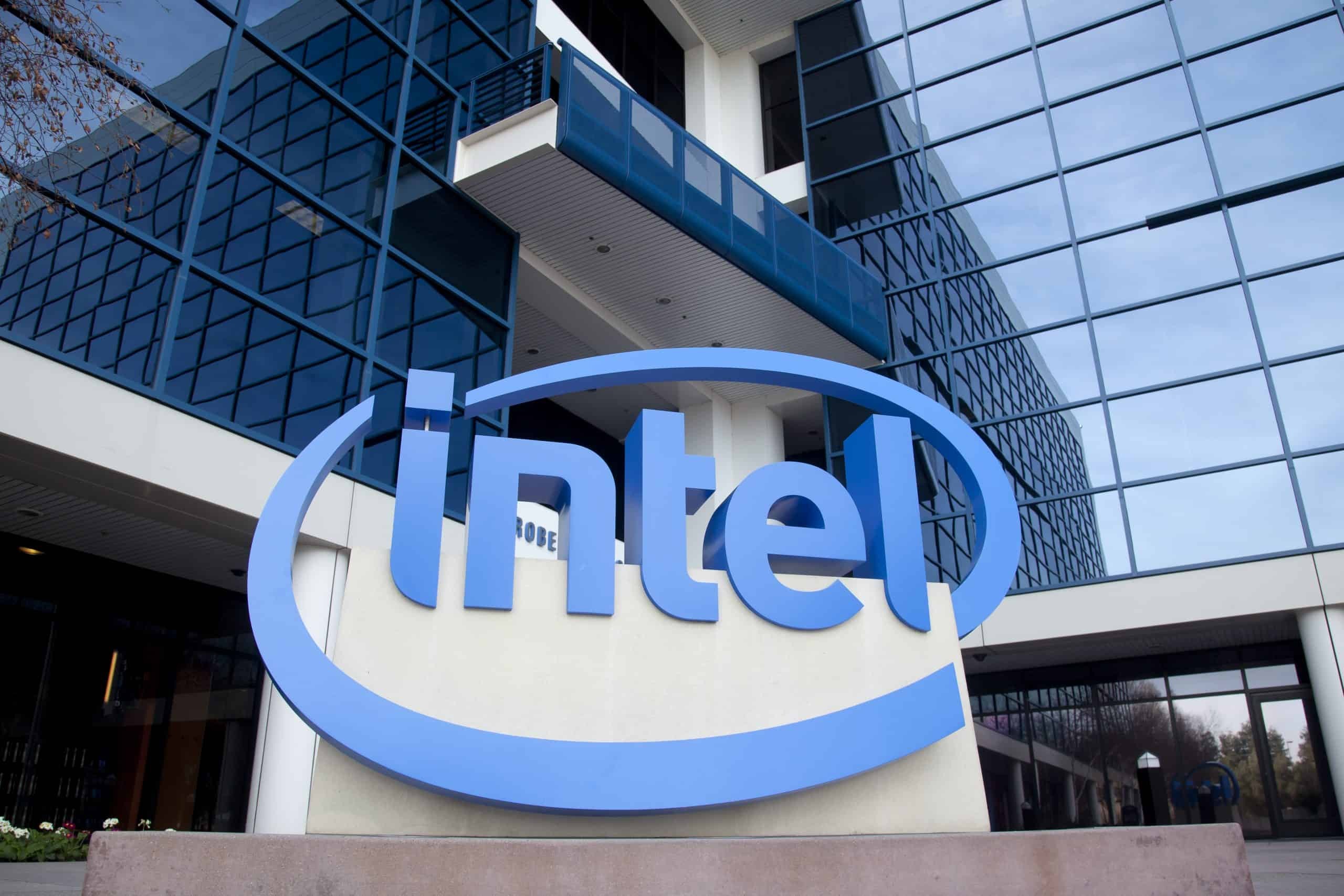What is the Internet of Things?
The concept of the Internet of Things allows for data transfers among objects, animals, or even people without the need for human or computer interaction. The objects are fitted with chips, making data transfer and speed easy to maintain. The IoT market is growing in competitiveness as IT companies strive to develop better ways to facilitate the transfer and analysis of data. This is where Intel's most recent acquisition plays a vital role.
What Does Altera Do?
Altera is one of Silicon Valley's most well-known chip manufacturers, creating programmable chips for everything from Cisco systems to Intel processors. Its long-standing reputation leads the pack in quality, speed, and performance in programmable chip technology.
The company is one of the leading manufacturers of field-programmable gate array chips, also known as FPGA. These highly programmable chips allow special tasks to be programmed into the chip's body, making them more accessible and faster to upgrade, reprogram, or reconfigure. Used primarily in phones and data centers, these chips can potentially be used to program any number of specific, specialized tasks into many types of electronics, paving the way for Intel's expansion into the Internet of Things market. In other words, processors with FPGA chips are much faster, have low latency, and are more power-efficient than ordinary processors.
Intel and Altera: A Beneficial Partnership
Intel and Altera have been working together for many years, creating technology that has stood the test of time. This merger is critical for Intel, whose move into the Internet of Things market demands a chip whose algorithms can be reprogrammed as fast as the technology parameters evolve. As a new member of the Intel family, Altera will not just be a manufacturing partner but a vital component of the Intel family.
UNICOM Engineering is excited about this news. Visit UNICOM Engineering to learn more about what we do, and stay tuned to our blog for more news and updates in the world of information technology.
